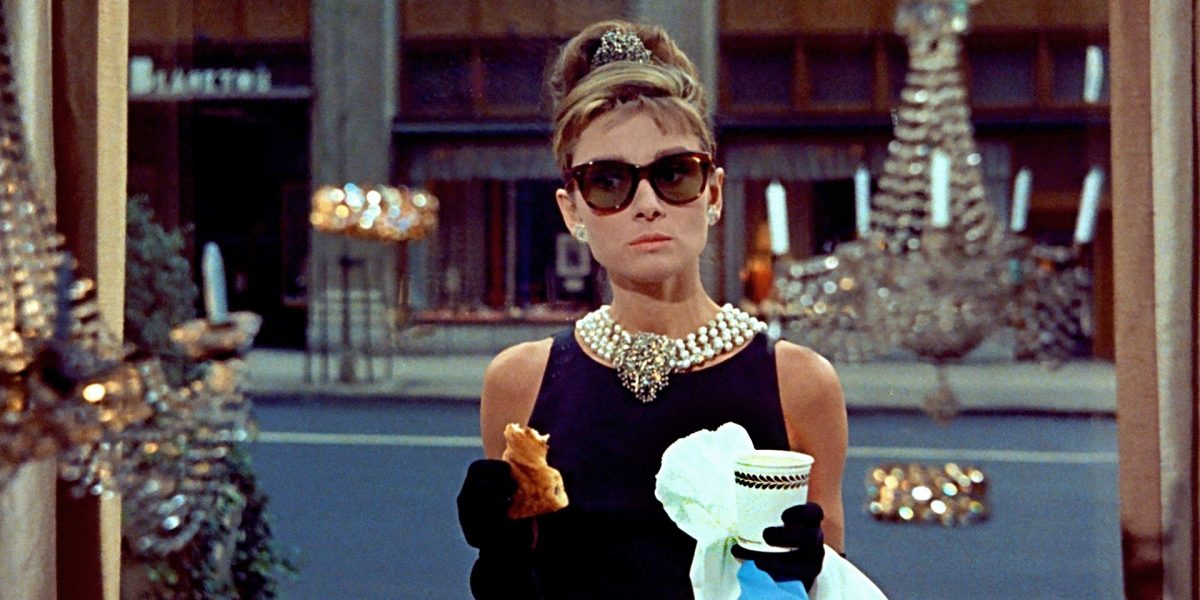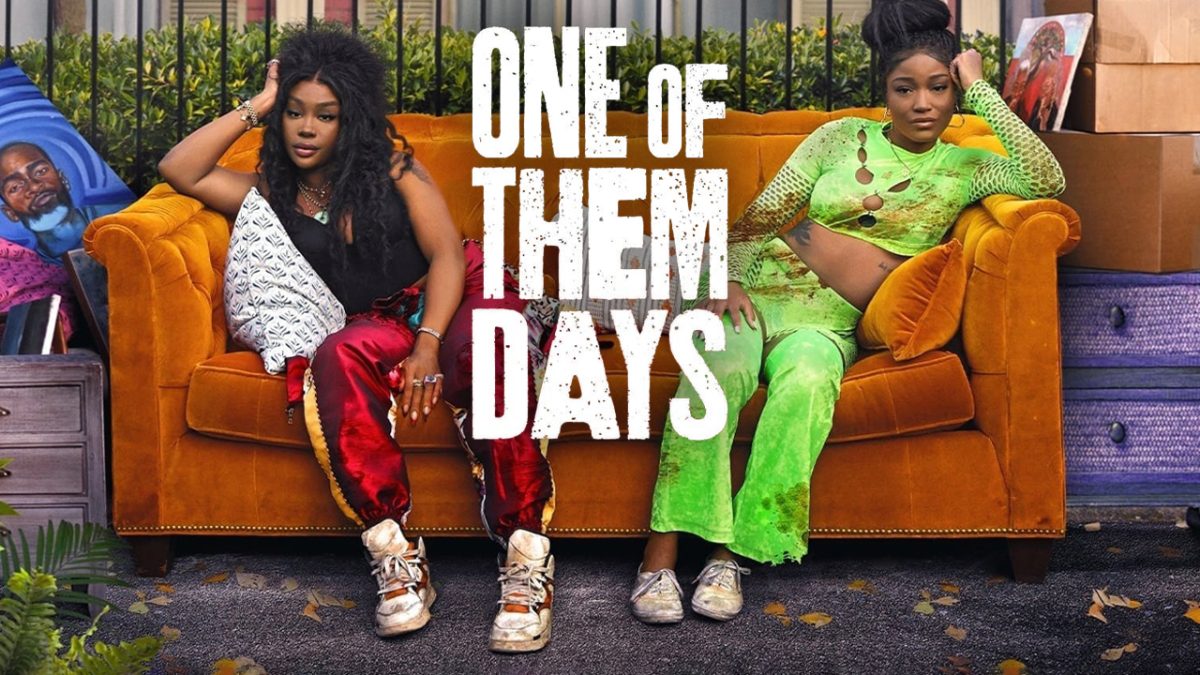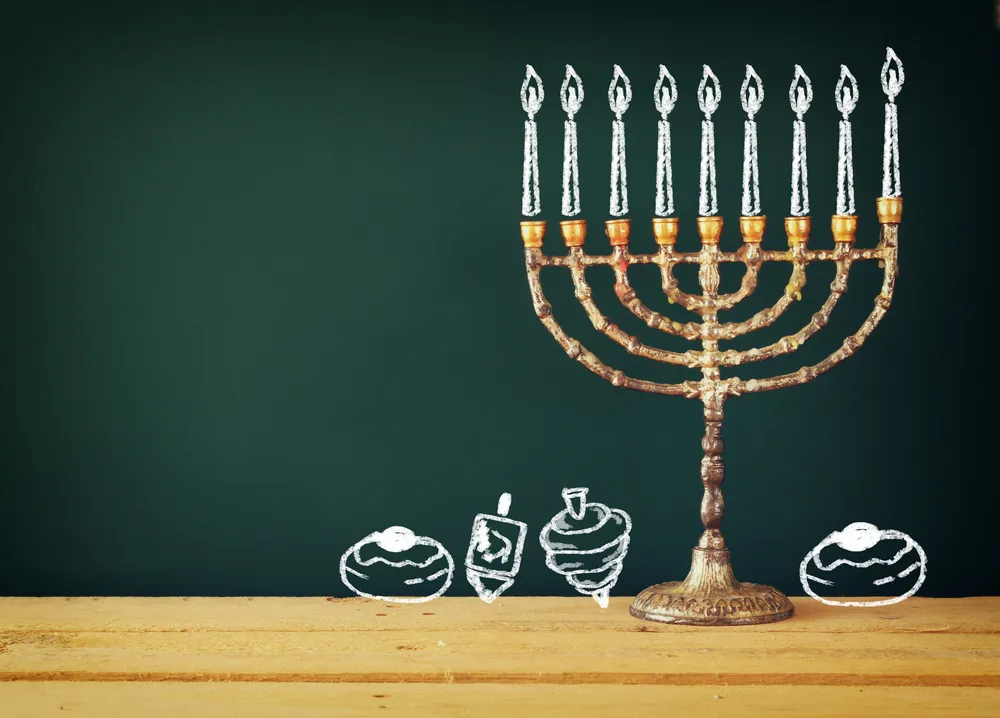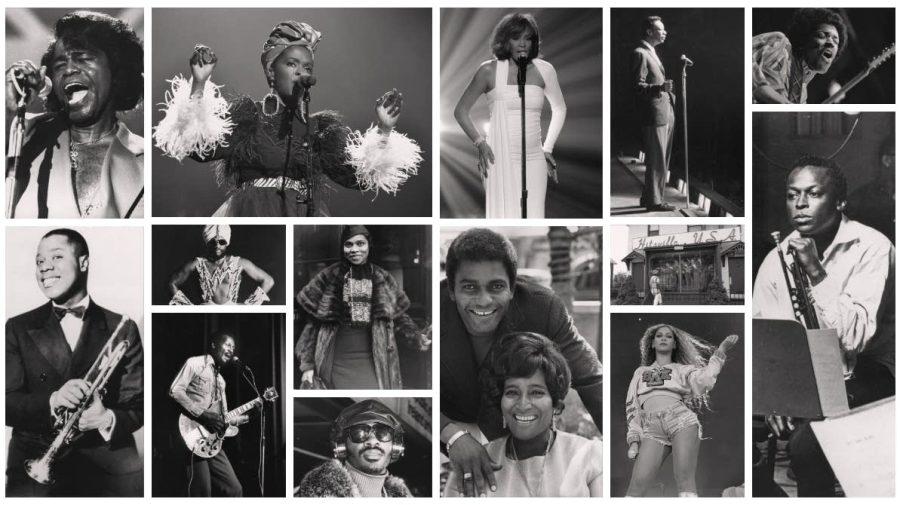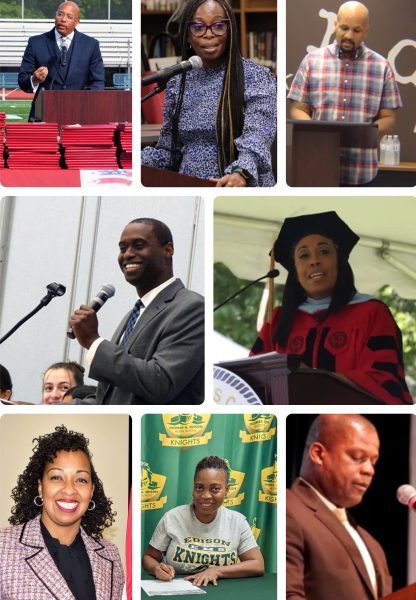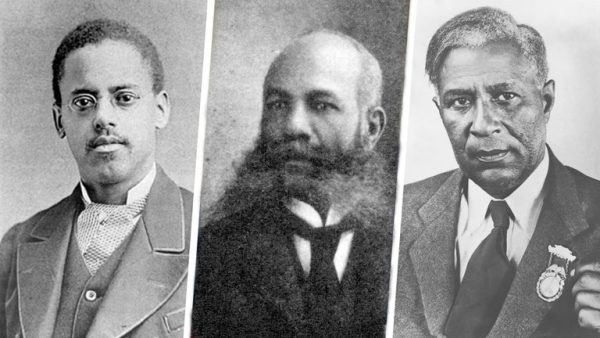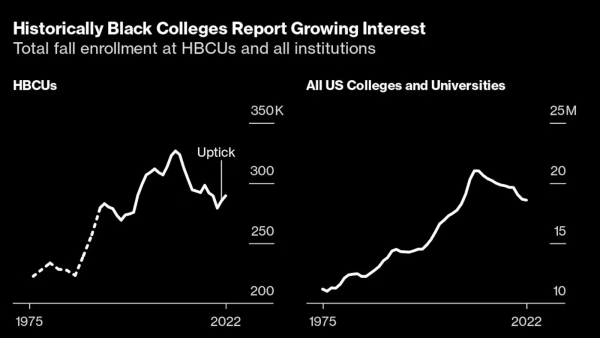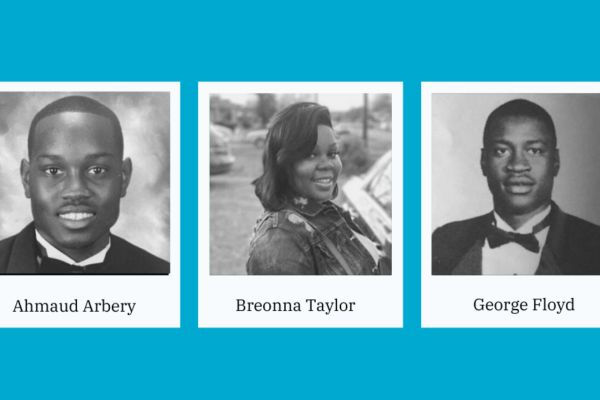Black Culture’s Hidden Impact on Music
Since its beginnings in the early 70s, the rise of the rap/hiphop genre has been widely attributed to black artists. Hip hop, along with jazz, motown, and r&b, are largely associated with African Americans. While the contributions of black creatives to these genres are very rarely disputed, black creatives have played a large role in other popular music genres that many aren’t aware of.
Rock
When most people think of rock, names like Elvis Pressley, The Rolling Stones, and Led Zeppelin come to mind. Though these artists popularized the genre to the masses, rock was created in 1955 by Chuck Berry, a black man. The genre was largely influenced by the blues, another genre created by African Americans.
As the genre gained popularity, black artists continued to innovate and inspire. Sister Rosetta Tharpe made a name for herself as “The Godmother of Rock and Roll” when she sprung into popularity in the 1930s and 40s. Little Richard, the self proclaimed “Queen of Rock and Roll” was known for breaking gender and sexuality norms. This attitude would inspire future artists, helping create the rebelliousness that is often associated with rock and roll artists. Legendary guitarist Jimi Hendrix created what is known as the “Hendrix Chord” by mixing major and minor chords together.
Country
When on the topic of country music, black influence is often left out of the discussion. However, black culture has more influence on the genre than most would think.
Early incorporations of the banjo and fiddle in country music were heavily influenced by negro spirituals sung by slaves. Though white artists like Hank Williams are often attributed as being the forefathers of the genre, these artists were often inspired and taught by black musicians.
Rufus “Tee Tot” Payne, a black blues artist, is credited for teaching Williams the ins and outs of blues and “hillbilly music.
House/Electronic
Though European artists have heavily popularized the genre, black artists have also had a large hand in developing the house and electronic genres.
The black and latino LBTQ+ community cannot be left out of the conversation when talking about house music. House music is the genre most heavily associated with the ballroom scene in the 70s and 80s. DJ Frankie Knuckles was a huge part of this movement, being a gay black DJ who would incorporate disco into his mixes.
DJ Robert Hood is another influential figure in electronic music, combining several black music genres to create his version of techno music.
Though black musicians have been largely excluded from these genres, today, we see black artists making some of the biggest strides as innovators of these genres once again. Artists like Willow Smith have unapologetically taken over the alternative/rock scene. In 2019, we saw Lil Nas X combine hip hop and rap to create one of the biggest songs of the decade. Just this year, Beyonce took home the grammy for Best Dance/Electronic Album for her Album Renaissance, a body of work that paid homage to the black LGBTQ people who contributed to the house music movement.
As these talented black creatives continue to innovate music, it is important to remember these moments so that the impact of future black legends are known to all rather than hidden.













































